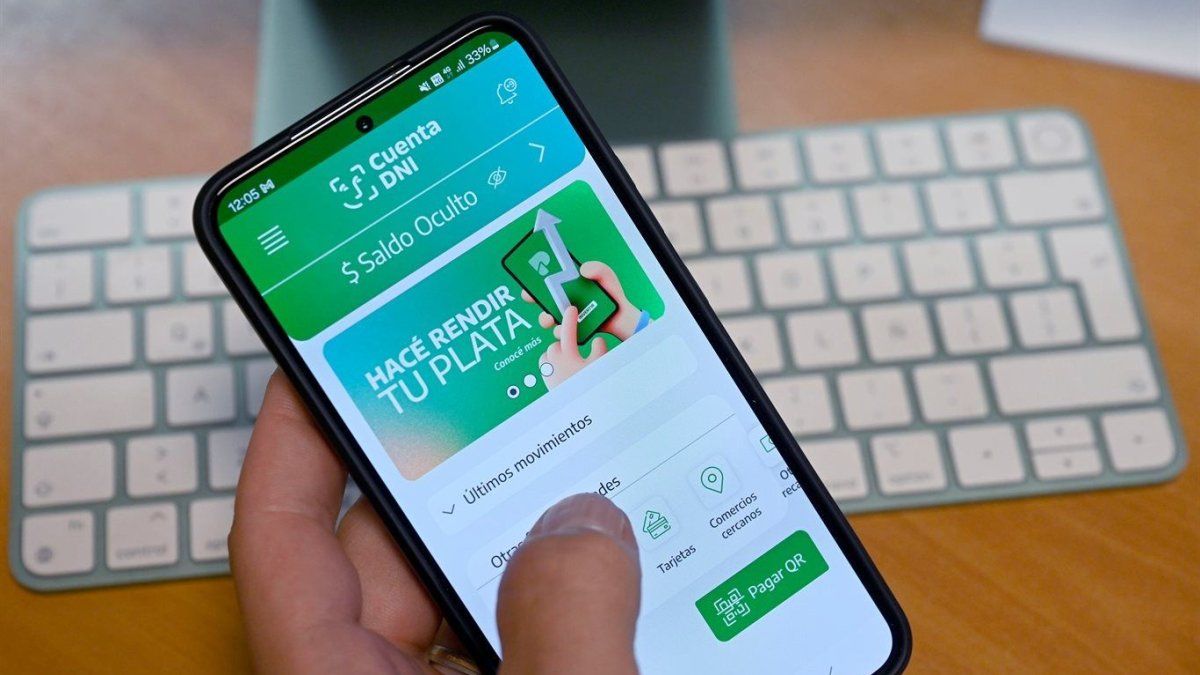For some time, the euro currency guardians have been working on a digital version of the common currency. It has not been decided whether this will actually happen. Potential users are still skeptical.
The majority of people in Germany view the work of the European Central Bank (ECB) on a digital euro with skepticism. In a survey commissioned by the Association of German Banks (BdB), three quarters of those surveyed (76 percent) agreed “very” or “rather” with the statement that a digital euro was not necessary because the existing payment options were completely sufficient.
However, less than a third (29 percent) of those surveyed currently have any idea at all of how a digital variant of the European common currency could be designed and what a digital euro could be used for.
Henriette Peucker, deputy general manager of the BdB, warned that it was important for the ECB to pick people up: “What should a digital euro look like? What advantages does it bring, but also what risks? The central bank should answer these central questions so that the project can reaches the center of society.”
The digital euro is not intended to replace cash
In response to the steep rise in so-called cryptocurrencies such as bitcoin and ether, the euro currency watchdogs have been examining the possible introduction of a digital variant of the European common currency for some time. In mid-July 2021, the ECB decided to take the preparatory work to the next level: Since October 2021, a two-year investigation phase has been about technology and data protection. It has not yet been decided whether a digital euro will come. In any case, a digital euro should complement cash and not replace it. A digital euro is not expected to be introduced before 2026 at the earliest.
“The digital euro can only be a success if it is accepted and used by the European population. As long as the benefits and risks are unclear, the project remains shaky – and consumers will continue to use the digital payment options they already have know and trust,” said Peucker.
In a statement published in February, the BdB takes the position that a digital euro could give the fragmented European market for electronic payments a decisive boost. In the current survey, a good fifth of the 1008 respondents (21 percent) agreed “very” or “rather” that a digital euro would make paying easier.
Source: Stern




